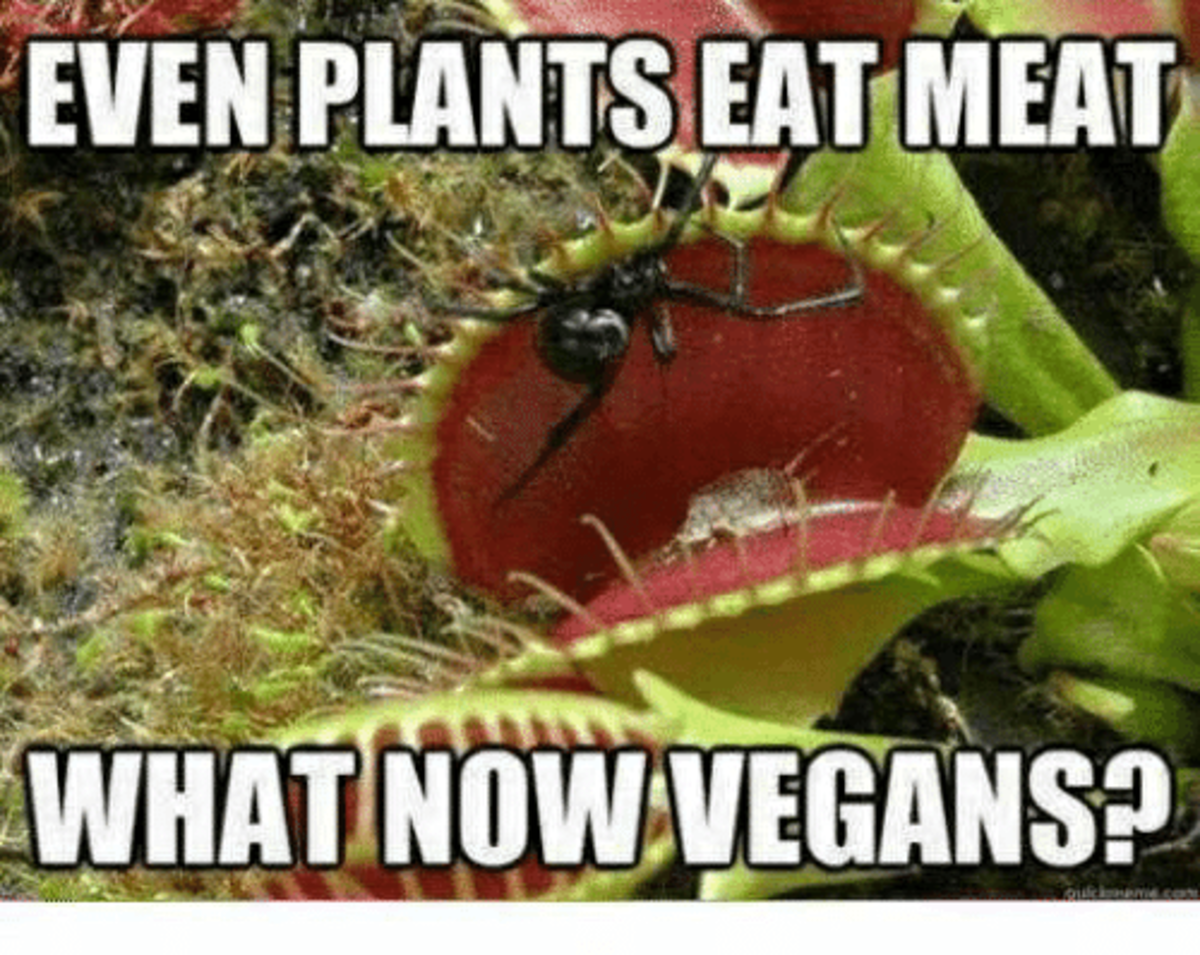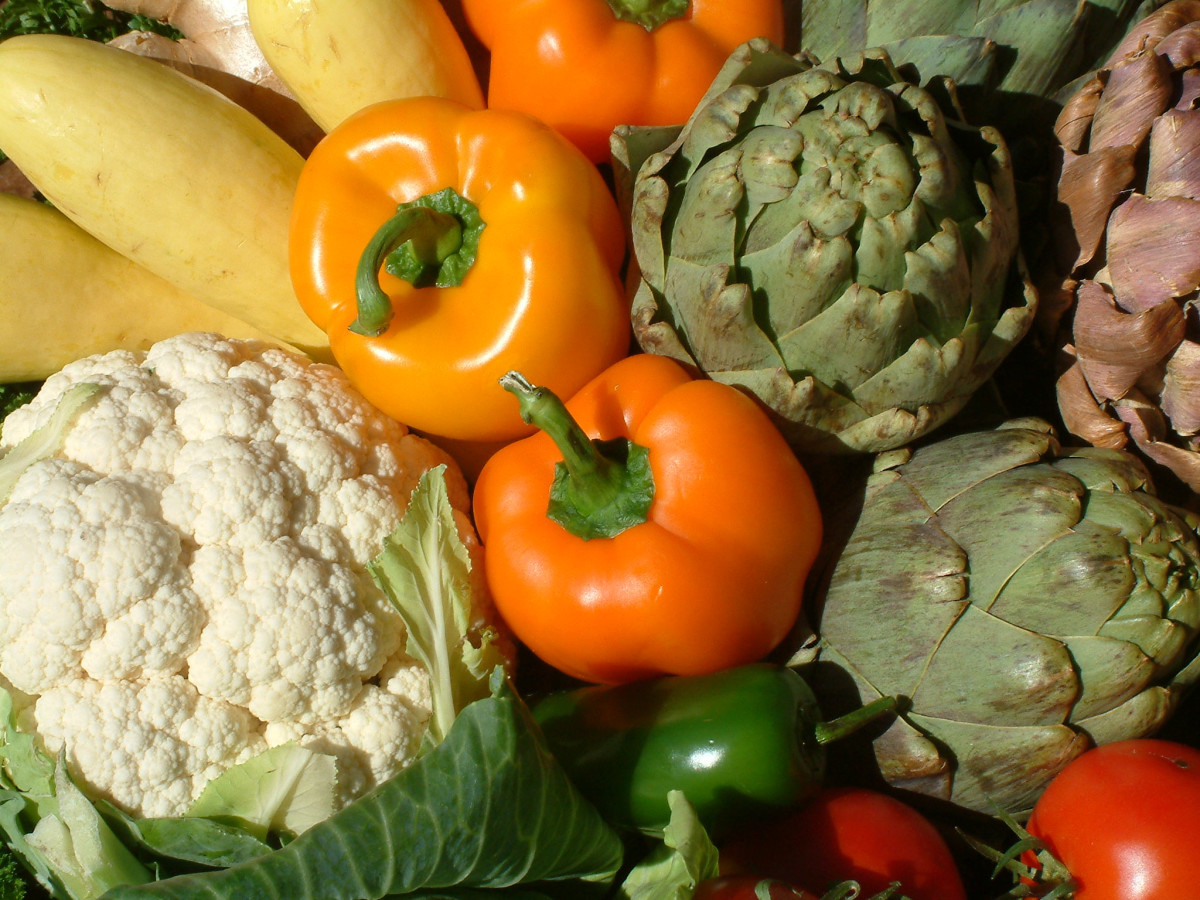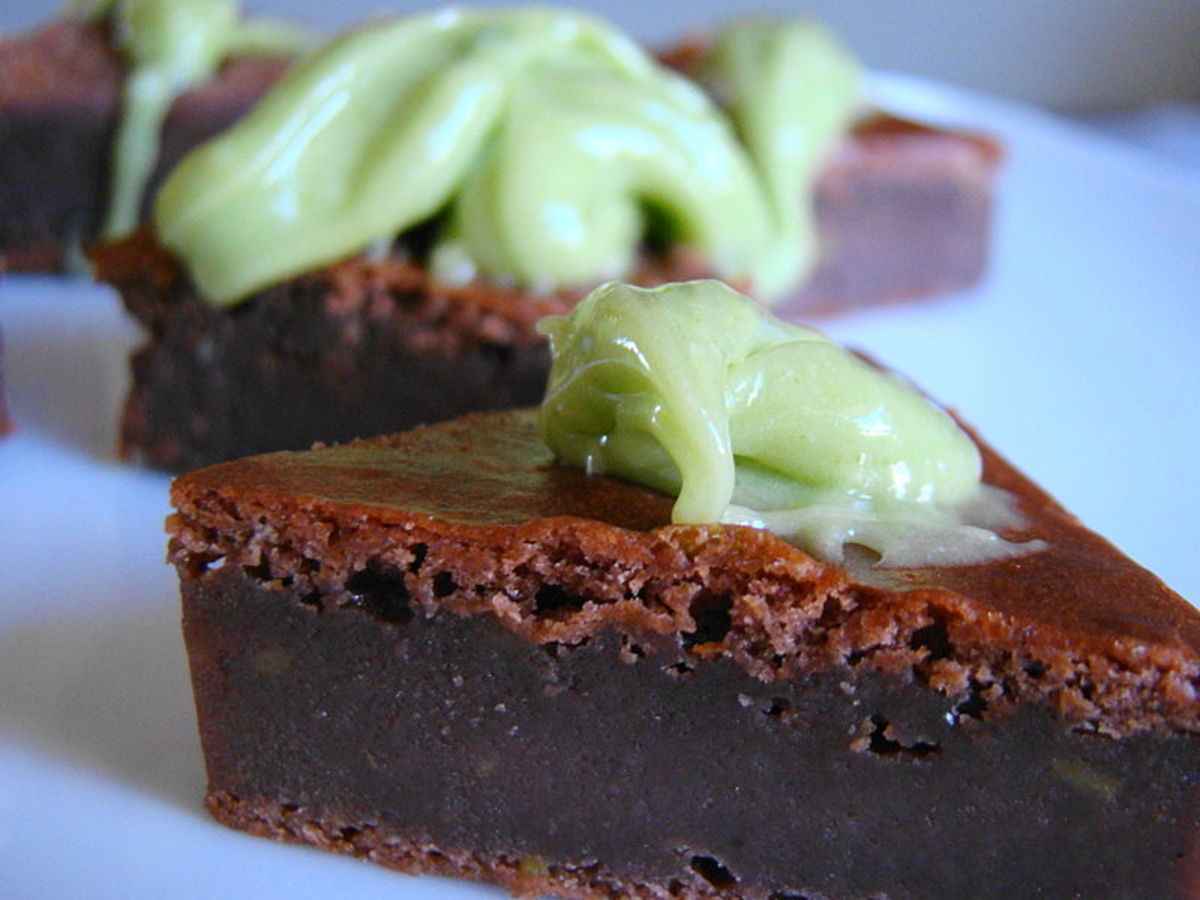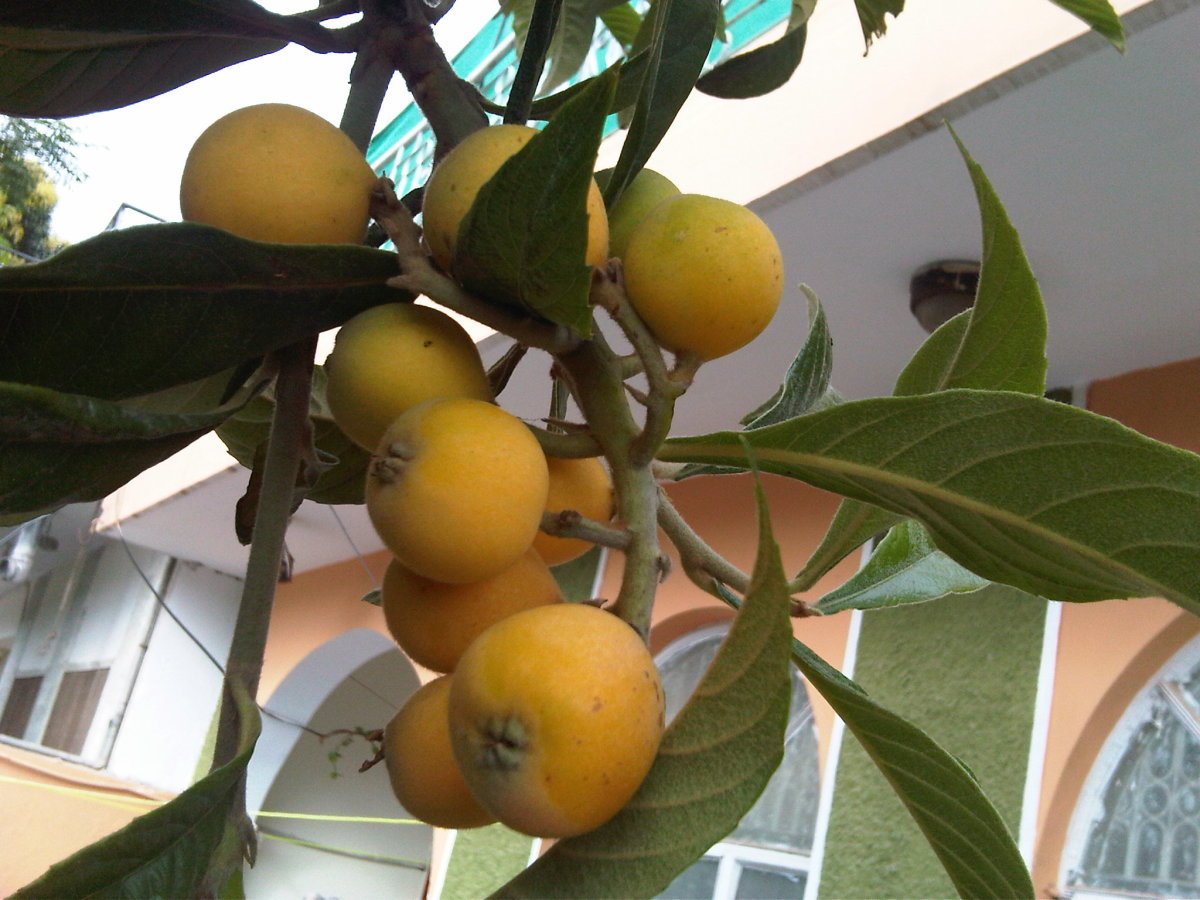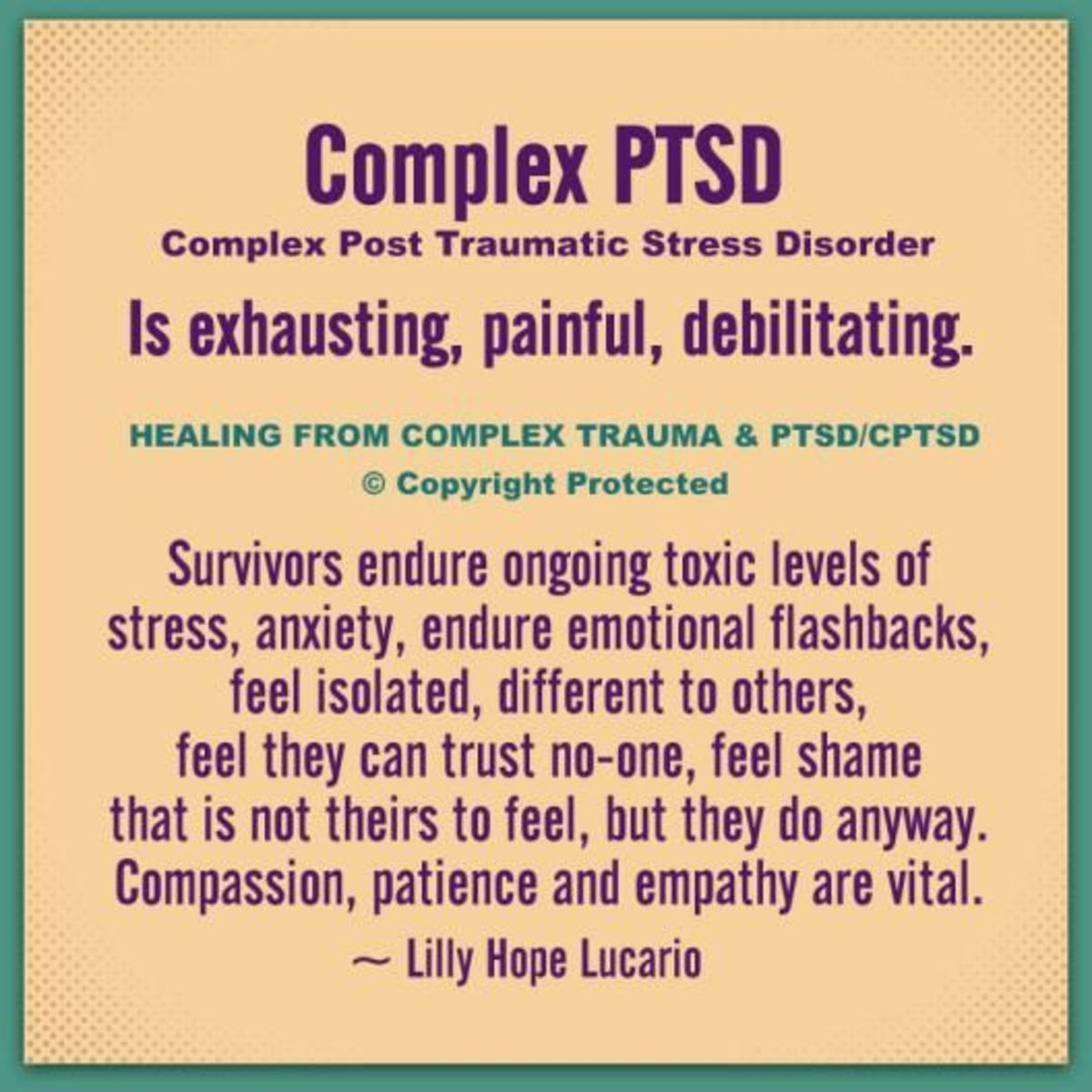My Journey to Veganism
This is thesecond of two hubs outlining my journey from first becoming a vegetarian and then a vegan. The first part can be read here My Journey to Vegetarianism.
Gravitating toward veganism
Turning vegan was a natural progression after twenty years of vegetarianism and there was no sense of hardship at all. In fact, quite the reverse. In the same way that I felt liberated from meat eating after turning vegetarian, I felt freer after giving up dairy, eggs and honey. My fitness and running improved. I felt less clogged up. I had more energy and my thinking became sharper.
Becoming vegan was easier than becoming vegetarian. I had fought most of my battles being vegetarian, so going vegan was easy in comparison. People had become used to me being vegetarian, so becoming vegan was just an extension to a long journey.
A very inspiring book from vegan ultra marathoner Scott Jurek
Some of the reasons why I became vegan...
I approached veganism from several angles.
From the onset, my diet really wasn't that far removed from veganism. Eating mostly rice and vegetables (a long way off from the meat-replicating vegetarian dishes that are possible), and finding eggs a bit weird to consume with great joy, and not having much milk in my diet, switching to being vegan was a natural progression.
From a health perspective it made sense to me. As a runner, I was always interested in optimum performance. Top athletes have been talking about the benefits of a vegan diet for quite some time. If anyone should doubt this, books such as Thrive by Brendan Brazier are worth a look. The world champion of ultra-marathon running, Scott Jurek, is also a testament to the efficacity of a vegan diet.
So while there were health reasons for switching to being completely vegan, as well as my own slowly increasing distaste of anything cloying in my mouth (such as millk, cheese, eggs, honey), what really switched me to veganism, was living next to a dairy farm.
Breeding cows for milk
Living next to the dairy farm reminded me again that the subjugation of animals isn't just limited to rearing animals for meat and sending them to the slaughterhouse, something I'd experienced working summer holidays on a pig farm. The milk and meat industry go hand in hand, and the truth of it was right next to me.
Apart from the miserable confined spaces the cows were kept in, and the depressing atmosphere about the place, it was the removal of calves which was hard to be around. The removal of calves from their mothers is a terrible sound to hear. The mothers bellow for days, calling out for their young, day and night. I've seen calves launch themselves across metal barriers to get back to their mothers. Most of the calves are turned into veal.
This kind of treatment is astonishing considering that we know that millk tastes better if cows are treated well. But it also completely ignores the fact, that animals are intelligent creatures. A study of sheep and cows has shown that both will go and see an old friend, if they've been separated by several years, and then returned to the same herd/flock. They're not stupid, they have memory and intelligent minds.
As well as the brutality of the milk industry, there was also the whole question of why was I having cow's milk anyway - something I'd been feeling for a long time.
Cow's milk was meant for... calves, surely?
The ability to digest cow's milk efficiently decreases with age, and there is much material out there on 'lactose intolerence'. Many people in the Western world are knowingly or unknowingly unable to digest bovine milk. Some human races don't even have the enzymes to do so and cow's milk does not figure on their diets at all.
The BBC News article Milk digestion's more 'recent rise' provides some interesting reading on the topic.
It seems rather obvious that cow's milk is meant as fuel to make massive calves. As someone who loved cow's milk as a kid, this is an interesting thing to think about in retrospect.
Cows being milked
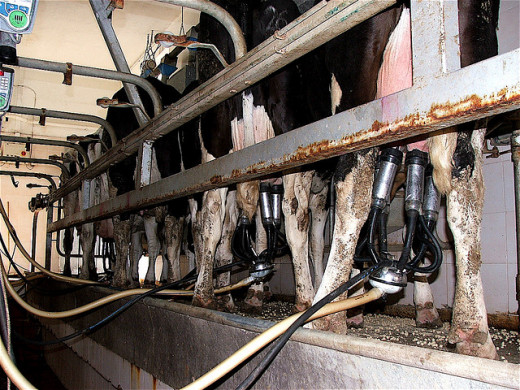
Cows are bread and fed to create more milk then they ever would have done in nature. In fact, cows are also artificially inseminated to create more calves, so as to produce more milk. A working mother cow doesn't have much of a life - or choice - in that regard. After a few years of constantly creating calves and milk, as a thanks to her service, we send her to the slaughterhouse.
Eggs
Everyone has seen images of massive warehouses stuffed full of chickens. Like cows, chickens are bread to produce many more eggs per year than nature intended. Usually, a chicken can run away from another chicken, as chickens do pick on each other a lot. In the restrictive conditions we have created for them, our answer to this problem is beak trimming.
Beak trimming
We trim their beaks just so that we can breed them in the way we want, so we can have their eggs- and once their productive life is finished, to show our gratitude to them we slaughter them for food. When we don't even need their eggs or flesh in the first place...
In other scenarios of mass production, terrified chicks are processed along conveyor belts like worthless morsels of flesh.
Honey - honey is meant for... bees, surely?
After collecting the nectar, bees vomit the honey, which they fan with their wings to get to the right consistency. Taking their honey robs the hive of their main food supply for the winter months, which we replace with our own sugar supplements. This doesn't seem particularly clever, especially when there's no reason to eat honey in the first place.
While ethically managed bee hives are helping our bees, which are currently in grave danger worldwide (no bees = no crops = no humans), the truth is that overall our interference in the world of bees is just that - interference.
The painstaking work done by a hive is annuled in a flash, just so that we can eat their honey and use their wax.
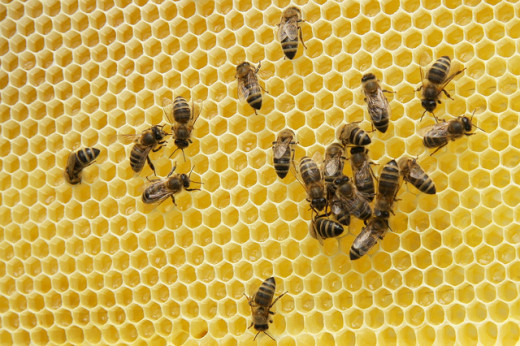
Overcoming my own judgements toward veganism
Part of the process of becoming vegan, after I had thought about the overall benefits, was overcoming my judgements toward veganism and what I thought it meant to be vegan.
The irony is that I used to feel uncomfortable about vegans and veganism. It seemed like a strange form of food extremism. I couldn't understand how one could be 'normal' and be vegan. Also, I used to speak with some vegans who seemed to look down on my vegetarianism. There was a whole moral undertone to their behaviour which really annoyed me, frankly.
Some of the animal rights activists that I had heard about, also put me off. Threats of violence to human beings for treating animals badly, was not something I could identify with at all. It seemed to me, that veganism attracted a bunch of people, that I didn't want to side with. So I didn't want to be vegan.
On the other hand, I realised that there are extremists in any grouping in society, so I wasn't prepared to discount veganism on those grounds. Also, there were many very inspiring individuals out there adopting a vegan lifestyle.
Finally, I found the term 'vegan' off-putting, and even today I find it a pretty weird label that doesn't reflect at all what being vegan really means.

How things are for me now
The amazing thing is that I don't even see myself as being a vegan. I've thought about this, and wondered about it as obviously I am by definition a 'vegan'.
My conclusion is simply that, apart from feeling a LOT better, I'm still the same me. I don't feel weird, I don't miss any foods that 'normal' eaters would never consider not having. And I haven't grown green hairs on the backs of my hands.
I don't feel weak or in need of anything that (current) convention tells me I need. It's simply not a trial for me, or burden. Quite the reverse. It's a liberation. My food is easy and simple. Also, as a vegan who favours eating raw over cooked, food preparation really is very simple, not to mention cheap.
So veganism was a natural progression for me - it was just that it took me a while to 'get it', and to see that I would remain just the same person.
My strength and stamina have increased since I became vegan. From day to day, I don't get the terrible after lunch slump. I sleep less too, which gives me more time to be creative – such as writing this!
And I've stuck it to The Man!!
Perhaps on a personal level - and this is quite apart from the feeling that I'm not adding to the suffering of animals - is that I've stuck it to the Man. The Man has tried to manipulate me, like he manipulates everyone by creating a sense of need, but I've fought back and stuck it to him. And I celebrate this victory, which is essentially....
......FREEDOM!
My greatest regret is that I didn't become vegetarian and then vegan sooner. After all, I'd felt the plight of creatures that suffer, and continued in my ways. It is regrettable that I left it so very long.
I can only say sorry from the depth of my heart, to all the commodified and abused creatures out there.
How I view my family and friends' meat eating today
Sometimes I think about my family and friend's food choices if they eat meat, but mostly I don't. I like a lot of these people too much to want to create anxiousness for them. Of course, I'd like it if they showed some thought in that regard, but mostly, getting people to change their eating habits, only really happens when the heart opens out and compassion begins to really take form.
Does that mean I somehow see myself as better than non-vegans or non-vegetarians? Not really. Some animal activists will say that, hands down, vegans are more ethical than other people, because we try our best not to create suffering for creatures, or abuse nature in any way. While that may be true, personally, I can't think along those lines, as I find it a divisive way of thinking. Also, there are plenty of things in my life, which make me far from a moral authority!
I certainly hold no judgement toward people who have no choice but to eat meat. There are plenty of areas in the world, where life would be impossible without making use of animal flesh and products. But in these societies, there's always a respect for the creatures involved, and every part of the animal's body is used. Slaughter day can become a very anxious time for the carer of the animals, which is a far cry from the dulled operatives who work in abattoirs.
I've learned that compassion can't be forced onto somebody. Freeing oneself from prejudices and misconceptions is a very slow process. The weight of social convention is enough for many people to never even consider a vegetarian path, let alone a vegan one. If it took us so many years to abolish slavery, when it involved other human beings like us, how long will it take for people to consider with seriousness the slavery of other sentient life forms?
I tend to think that the future has to be at the very least vegetarian. With a growing vegetarian population in Western countries, there is a blossoming awareness that there really is no future in pointless meat eating, despite increased meat production worldwide. As more and more people come on board, a time will come when meat eating will be regarded as somewhat unfortunate.
And when we learn not to kill animals - the most defenceless beings on our planet - we'll have developed a sense of empathy and cooperation that will definitely extend to our own brothers and sisters.
Nothing will benefit human health and increase chances for survival of life on Earth as much as the evolution to a vegetarian diet
— Albert EinsteinThere's a lot more to be said
There's a lot more to be said on vegetarianism and veganism. I could have written a whole book on the subject. I will however, be posting more hubs on these subjects in the future when I have the time.
In the meantime, I wish you all a good day, but do give a thought to all the innocent animals out there, who are being treated so harshly...
- Milk fats may alter gut bacteria causing bowel diseases - BBC News
The rise of inflammatory bowel diseases could be down to our shifting diets promoting - The Intelligence and Sentience of Animals
Animals are far more cognizant than we give them credit for. Check out these amazing videos, including elephants that can paint pictures and the woman who communicates with a dangerous leopard! - Reasons to stop eating meat
Some very good scientific reasons why stopping the consumption of meat is beneficial to human health, and the planet as a whole.
Would you ever consider becoming vegan?
© 2015 Electro-Denizen



